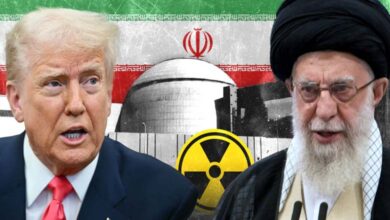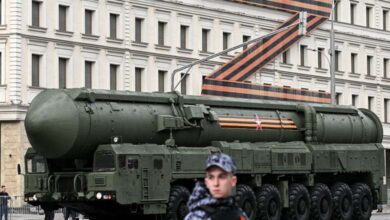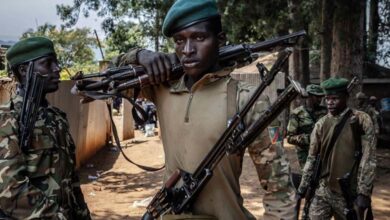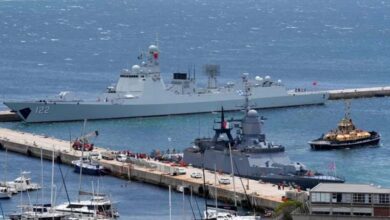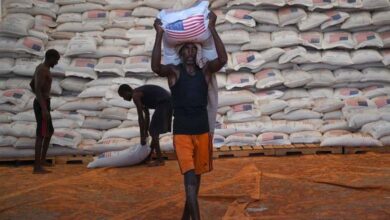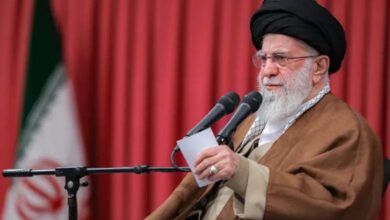Siege, hostages and threats: Al-Qaeda tightens its grip on Mali
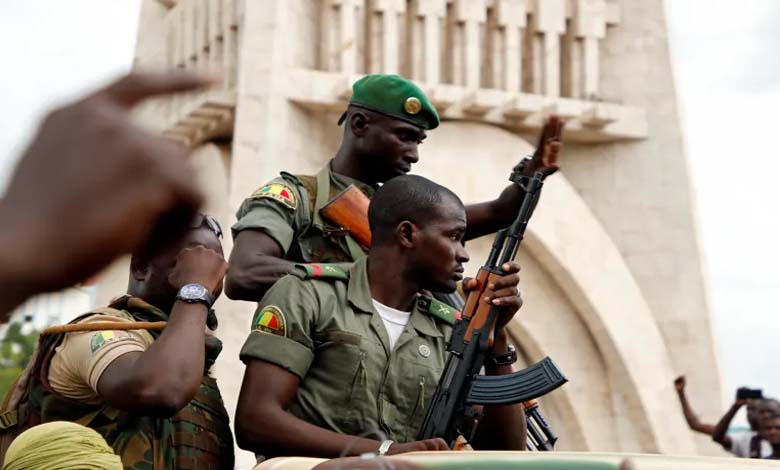
Al-Qaeda’s branch in Mali continues to expand. After seizing a strategic town in the center of the country, it has moved southwest, where it now besieges two towns while holding hostages.
-
Siege, hostages and threats: Al-Qaeda tightens its grip on Mali
-
High-Impact Operations Shake Terrorist Strongholds in Somalia: Field Victories and International Support
The Group for the Support of Islam and Muslims, Al-Qaeda’s affiliate in the Sahel, announced through its propaganda outlet Al-Zallaqa that it had imposed a blockade on the towns of Kayes and Nioro, located in southwestern Mali near the borders with Senegal and Mauritania.
This development follows threats made in early July by the group against the two towns, after militants intercepted several vehicles near Nioro and abducted passengers related to Bouyé Haïdara, a prominent religious figure in Mali.
-
Beled Hawo Tensions Rise Between Jubaland and Somalia’s Federal Government – A Sudden Move and Growing Fragility
-
With the Support of International Partners: 15 Al-Shabaab Terrorists Killed in Somalia
According to Radio France Internationale, the attack occurred around eleven a.m. local time when armed men stopped multiple vehicles between Béma and Diongomané near Nioro. The militants left with two four-wheel drive vehicles belonging to Bouyé Haïdara and took several hostages, including his drivers and two family members. Other passengers, who were not residents of Kayes or Nioro, were released.
In propaganda videos, the group claimed responsibility for the abductions and declared a siege of both towns. Reports indicate that trucks have already been set on fire on routes linking Kayes and Nioro. The terrorists also announced their intention to block fuel imports into Mali and issued warnings to transport companies operating from Senegal, Mauritania, Guinea, and Côte d’Ivoire.
-
Crash of Africa Corps Jet Sparks Tensions in Northern Mali: Is War on the Horizon?
-
Clashes in Northern Mali Between Tuareg Separatists and Russian-Backed Government Forces
The threats extended to a local transport company accused of close ties to Mali’s transitional authorities. These actions bring to life earlier threats made in July, during which the group launched a series of deadly attacks along the Senegalese and Mauritanian borders, accusing residents of Kayes and Nioro of collaborating with the Malian army.
Since then, militants have destroyed infrastructure and burned construction equipment, further disrupting traffic already hampered by poor road conditions and heavy rains.
-
The June 5 Coalition in Mali… A Broken Dream
-
Military Operation in Western Somalia Against Al-Shabaab… ATMIS Under U.S. Criticism
In January, the group claimed responsibility for the kidnapping of another prominent religious leader from Nioro, Thierno Amadou Hady Tall, whose death it later announced without providing evidence, leaving the exact cause uncertain.
If the current threats are carried out, the consequences could be dire for the residents of Kayes and Nioro, cut off from movement, and for Mali as a whole. Analysts note that the group aims to strangle the country, particularly the capital Bamako, which relies heavily on the Kayes road corridor.
-
Crisis between Mali and Algeria casts a shadow over regional security
-
Party Life in Mali… Course Correction or End of an Era?
The recent takeover of Farabougou illustrates this strategy. Located in central Mali, the strategic town fell under jihadist control, with the imposition of Sharia law, just days after militants seized the local army base.
This episode carries strong symbolic weight: in 2020, one of the first actions of the military junta after seizing power was to lift a jihadist siege on Farabougou. Today, however, the town is under extremist rule, its residents forced to pay taxes and comply with bans on music (except religious chants), alcohol, and cigarettes, as well as strict dress codes for women.
Since 2012, Mali has been trapped in a deep security crisis, fueled by attacks from Al-Qaeda and Islamic State affiliates, compounded by separatist uprisings and organized crime.




